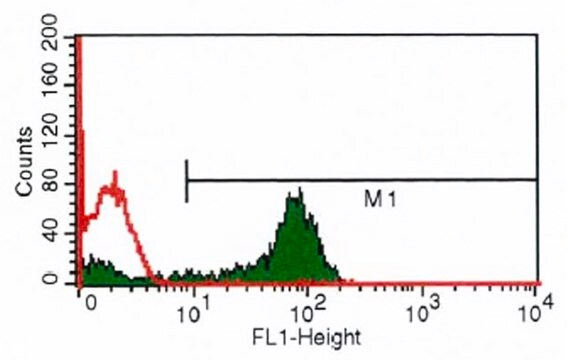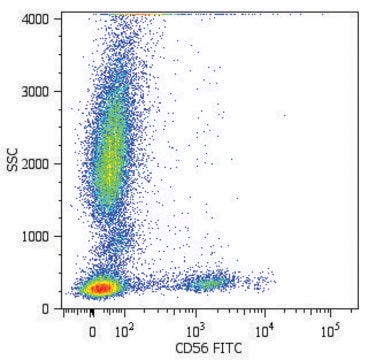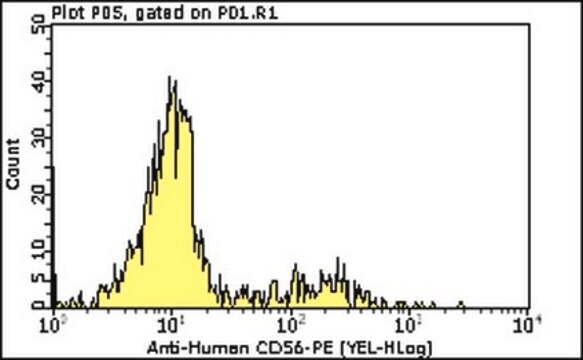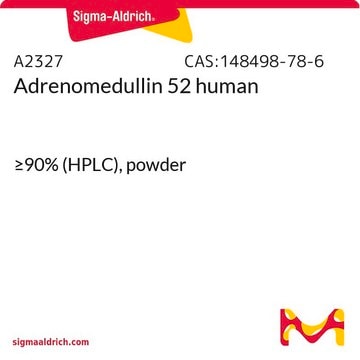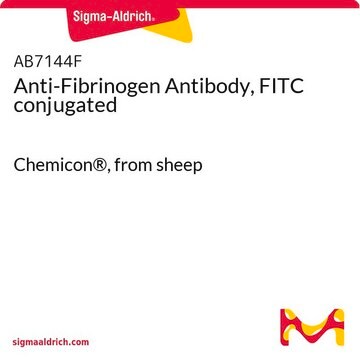F0301
Monoclonal Anti-CD56-FITC antibody produced in mouse
clone C5.9, purified immunoglobulin, buffered aqueous solution
Synonym(s):
Monoclonal Anti-CD56, Anti-NKH-1
About This Item
Recommended Products
biological source
mouse
Quality Level
conjugate
FITC conjugate
antibody form
purified immunoglobulin
antibody product type
primary antibodies
clone
C5.9, monoclonal
form
buffered aqueous solution
mol wt
antigen 150 kDa
species reactivity
human
technique(s)
flow cytometry: suitable
isotype
IgG2bκ
UniProt accession no.
shipped in
wet ice
storage temp.
2-8°C
target post-translational modification
unmodified
Gene Information
human ... NCAM1(4684)
Looking for similar products? Visit Product Comparison Guide
Related Categories
General description
Immunogen
Application
Biochem/physiol Actions
Physical form
Disclaimer
Not finding the right product?
Try our Product Selector Tool.
Storage Class Code
10 - Combustible liquids
WGK
WGK 1
Flash Point(F)
Not applicable
Flash Point(C)
Not applicable
Certificates of Analysis (COA)
Search for Certificates of Analysis (COA) by entering the products Lot/Batch Number. Lot and Batch Numbers can be found on a product’s label following the words ‘Lot’ or ‘Batch’.
Already Own This Product?
Find documentation for the products that you have recently purchased in the Document Library.
Our team of scientists has experience in all areas of research including Life Science, Material Science, Chemical Synthesis, Chromatography, Analytical and many others.
Contact Technical Service